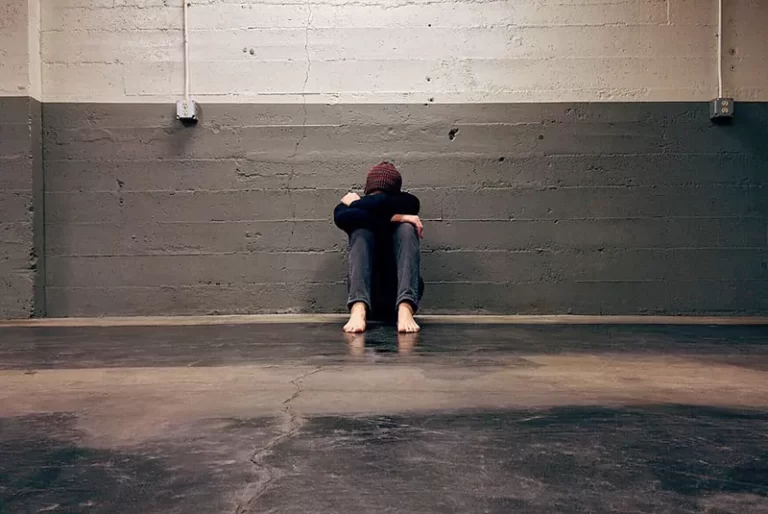
An anal fistula is a medical condition that develops due to an internal gland infection of the anus. In most cases, an anal fistula is caused due to a previous or current anal abscess. People suffering from Crohn’s disease are at higher risk of suffering from this condition. In fact, studies indicate that almost 40-50 percent of individuals suffering from Crohn’s disease will develop this condition at some point in their life. If you are also someone suffering from Anal Fistula then at some point in time your healthcare provider will definitely recommend Anal Fistula Surgery as the removal of the fistula is the primary way to get rid of it.
An anal fistula is one such condition that the body cannot resolve on its own. This condition typically requires external intervention to completely heal. Treating the condition without going through a surgical procedure will only make the symptoms persist and worsen the condition. If you think that you are suffering from anal fistula then you must seek immediate medical conditions to avoid the infection from becoming severe and to prevent the development of other related medical issues.
Treatment of Anal Fistula
As far as the treatment for this condition is concerned, it may require both medications and surgery. Home remedies can help in alleviating the symptoms but do not expect to get rid of fistula with self-care and home remedies. Although it might help in treating the symptoms, the risk of recurrence of the condition is quite high until it is treated surgically. There are various surgical options available for the treatment of anal fistula. Depending on the severity of the condition your doctor will help in determining the best treatment option for your condition. Post-surgery, the chances for recurrence of an fistula are low.
Success Rate of Anal Fistula Surgery
As far as the success rate of anal fistula surgery is concerned, it varies from individual to individual. Following are some of the factors on which the success rate of the procedure depends:
- Hands-on experience of the Surgeon
- The overall health of the patient
- Type of Anal Fistula
- The severity of the Condition
- The surgical procedure used for the treatment
No doubt the treatment for anal fistula is quite challenging due to the location of the disease, risks involved, and other complications. Besides ensuring that the surgical intervention is to heal the condition, it is also significant to ensure the morbidity of the method. One of the most common fistula surgeries is fistulotomy. So far, it is one of the safest procedures with a high success rate of 95%. However, all the pros and cons of all surgical procedures must be properly evaluated before choosing the procedure.
How anal fistula is treated?
Fibrin glue is the sole non-surgical option for treating anal fistula. The surgeon uses this technique to inject adhesive into the fistula. The fistula might heal by sealing thanks to the injection of adhesive. You will receive a general anaesthetic from the surgeon prior to the surgery, which will put you to sleep and prevent you from feeling any discomfort.
Surgery is usually needed to cure anal fistulas because they never heal on their own. There are numerous surgical procedures available, but your doctor will decide which one is ideal for you after assessing the location of your anal fistula and whether it is a single channel or branches in several directions. Surgery is typically done as an outpatient procedure while you are under a general anaesthetic, allowing you to leave the hospital right away. The various surgical procedures available to treat an anal fistula include the following:
- Fistulotomy
- Seton techniques
- Advancement flap procedure
- LIFT procedure
- Endoscopic ablation
- Laser surgery
- Bioprosthetic plug
What are the risks of anal fistula surgery?
The location of your anal fistula and the surgical technique you choose will affect the risk of your anal fistula surgery. They consist of:
Infection
Return of the fistula
Continental leakage -
Conclusion
- The location of the condition, the risks involved, and additional difficulties make treating anal fistula undoubtedly difficult. It is important to ensure the morbidity of the procedure in addition to making sure the surgical intervention will heal the disease. Fistulotomy is one of the most often performed anal fistula operations. It has a high success rate of 95% and is now one of the safest treatments. Before choosing a surgical operation, all the benefits and drawbacks must be carefully considered.This illness may need both medicine and surgery as treatment, according to experts. Although self-care and home remedies can help with symptom relief, fistula cannot be cured by them. Until the issue is surgically corrected, it may assist to relieve the symptoms, but the danger of the condition returning is fairly significant. fistula can be treated surgically using a variety of techniques. A recurrence of an fistula is unlikely after surgery.











